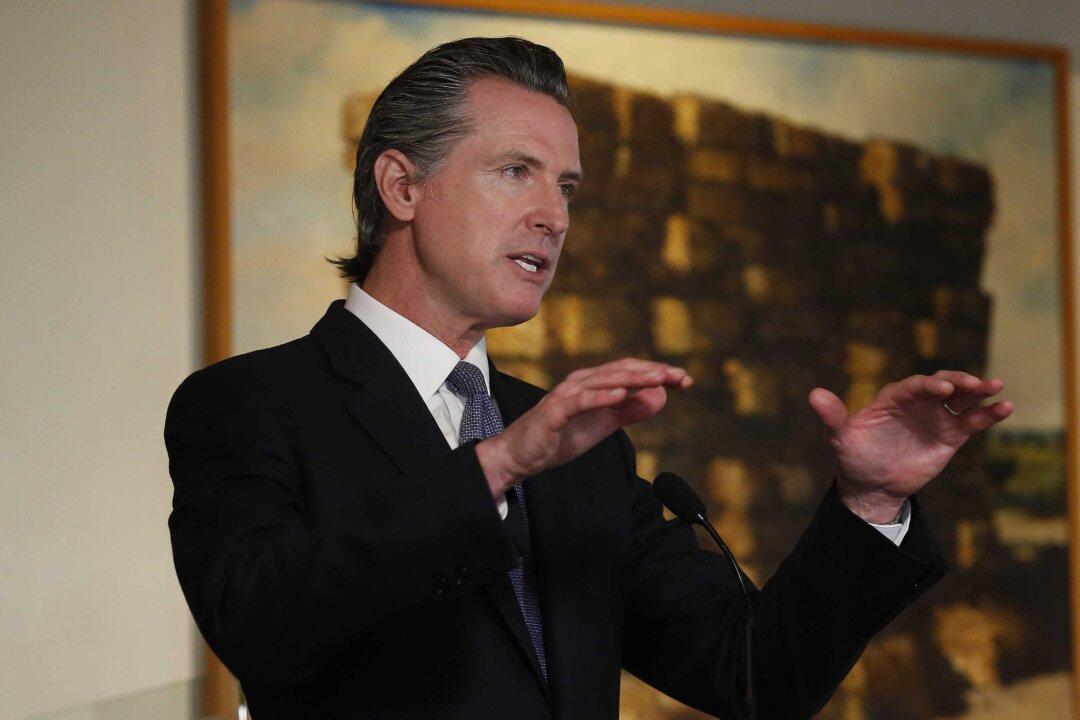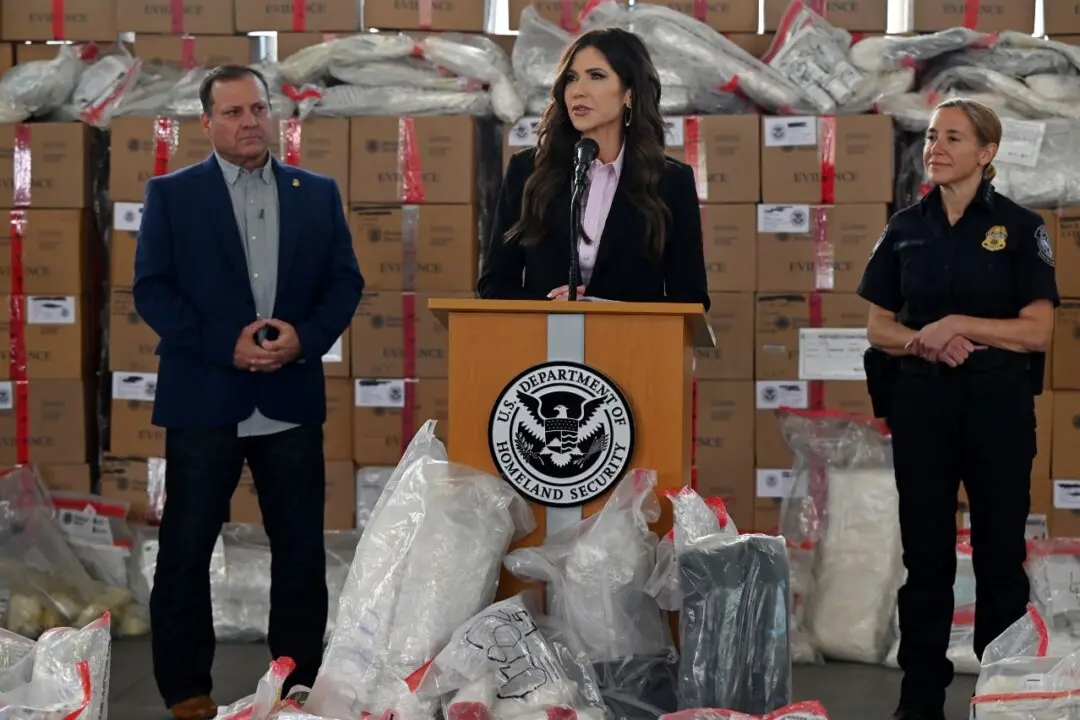California’s debate over sending mail-in ballots to all voters is heating up. Governor Gavin Newsom has issued a new executive order on the issue of ballots. And a related bill, AB 860, is making its way through the state legislature.
Newsom released an executive order on June 3 mandating that mail-in ballots be sent to “every registered voter” for the Nov. 3 presidential elections. This echoed an order he had issued on May 8 to that effect, but it clarified a point of contention.





